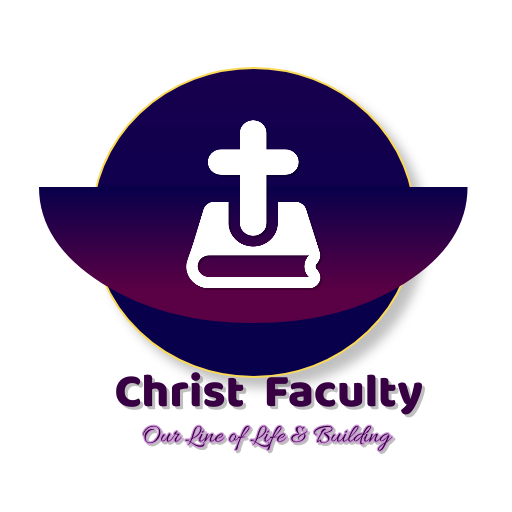Course Title: Introduction to Theology
Course Description:
This course provides a foundational exploration of Christian theology, focusing on understanding the nature of God, core doctrines, and the practice of faith. Students will study essential theological concepts, including the doctrine of the Trinity, creation, sin, salvation, and eschatology. The course also covers the historical development of Christian thought, major theological traditions, and contemporary issues in theology. Through lectures, readings, discussions, and assignments, students will develop the skills to think critically about their faith, articulate their beliefs, and apply theological insights to everyday life.
- Duration: 12 weeks (adjustable based on academic schedule)
- Format: Weekly lectures, readings, discussions, quizzes, essays, and a final project
- Credits: 3 Credits
- Assessment Methods: Quizzes, essays, participation in discussions, and a final project or exam
Course Objectives:
By the end of this course, students will:
- Understand the Basics of Christian Theology:
- Define theology and its purpose within the Christian faith.
- Identify and explain major theological concepts and doctrines.
- Explore the Sources of Theology:
- Recognize the primary sources of theological knowledge, including Scripture, tradition, reason, and experience.
- Analyze how these sources contribute to the development of Christian beliefs.
- Develop a Framework for Key Doctrines:
- Gain a foundational understanding of core Christian doctrines such as the Trinity, creation, sin, salvation, and eschatology.
- Learn how these doctrines are interconnected and shape the Christian worldview.
- Engage with Theological Reflection and Application:
- Practice theological reflection by engaging with contemporary issues through a theological lens.
- Apply theological insights to personal faith, ethical decision-making, and community life.
- Articulate Personal Beliefs Clearly and Coherently:
- Develop the ability to express theological concepts and personal beliefs clearly and confidently in both written and verbal forms.
- Engage in respectful dialogue with others about theological issues, demonstrating an understanding of diverse perspectives within the Christian tradition.
Benefits of the Course:
- Deepen Understanding o
- Christian Beliefs: Students will gain a comprehensive understanding of foundational Christian doctrines and their significance.
- Develop Critical Thinking and Articulation Skills: The course encourages critical engagement with theological concepts, fostering the ability to articulate personal beliefs clearly and coherently.
- Prepare for Ministry and Leadership: This course equips students for various forms of ministry and leadership, providing the theological grounding needed for teaching, preaching, and pastoral care.
- Enhance Personal Faith and Practice: Through reflection and application, students will learn how to integrate theological insights into their personal lives, enriching their spiritual journey.
- Engage with Contemporary Issues: Students will be prepared to address modern challenges to the Christian faith, applying theological principles to ethical and societal questions.
This course outline provides a robust framework for an Introduction to Theology course, designed to equip students with a solid theological foundation.
Course Features
- Lectures 2
- Quiz 1
- Duration 12 weeks
- Skill level All levels
- Language English
- Students 223
- Certificate No
- Assessments Yes
Curriculum
- 1 Section
- 2 Lessons
- 12 Weeks
- Course Outline: Week 1: Introduction to TheologyCourse Title: Introduction to Theology Course Description: This course provides a foundational exploration of Christian theology, focusing on understanding the nature of God, core doctrines, and the practice of faith. Students will study essential theological concepts, including the doctrine of the Trinity, creation, sin, salvation, and eschatology. The course also covers the historical development of Christian thought, major theological traditions, and contemporary issues in theology. Through lectures, readings, discussions, and assignments, students will develop the skills to think critically about their faith, articulate their beliefs, and apply theological insights to everyday life.3



